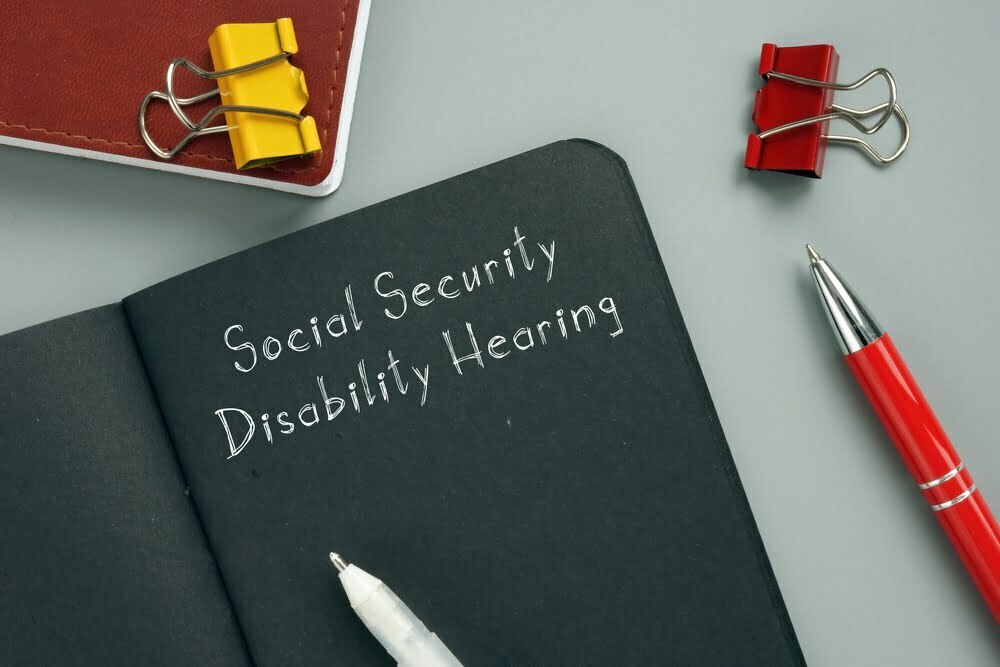It is often troublesome to apply for immigration benefits if you have had contact with any law enforcement agency. It is especially worrisome when applying or renewing DACA (Deferred Action for Childhood Arrivals) because up until the time of the application, U.S. Citizenship and Immigration Services (“USCIS”) is perhaps unaware that the applicant is in the United States. So does USCIS turn over information to Immigration Customs and Enforcement (“ICE”) or U.S. Customs and Border Protection (“CBP”)? The answer is, “rarely.” In a recent report, the U.S. Government Accountability Office (“GAO’) found that of the 106,000 DACA requests that USCIS denied between 2012 – 2021, it referred fewer than 900 cases (less than 1 percent) to ICE.
Background of DACA
In June 2012, the Department of Homeland Security (DHS) established the DACA initiative. Under DACA, DHS has the discretion to provide temporary protection from removal from the U.S. (or, deferred action) for noncitizens who came to the country as children.
To be considered for an initial grant of DACA, noncitizens must establish through documentation that they
- arrived in the U.S. before age 16;
- were age 30 or younger and had no legal immigration status on June 15, 2012;
- have continuously resided in the U.S. since June 15, 2007, up to the date of filing;
- were physically present in the U.S. on June 15, 2012, and at the time of the DACA request;
- are in school, graduated from school, or have obtained a certificate of completion from high school, or have a discharge under honorable conditions from the military; and
- have not been convicted of a felony, significant misdemeanor, or three or more other misdemeanors and do not otherwise pose a threat to national security or public safety.
To be considered for DACA renewal, recipients must establish through documentation that they:
- did not depart the U.S. on or after August 15, 2012, without advance parole;
- have continuously resided in the U.S. since receiving their approval for DACA; and
- have not been convicted of a felony, significant misdemeanor, three or more misdemeanors, and do not otherwise pose a threat to national security or public safety.
According to USCIS officials, USCIS retains the discretion to determine whether deferred action is appropriate in any given case, even if these guidelines are met.
In 2012, USCIS published guidance stating that it would not provide information from DACA requests to CBP and ICE for the purpose of immigration enforcement, unless to “identify or prevent fraudulent claims, for national security purposes, or for the investigation or prosecution of a criminal offense.” USCIS has published this policy on their DACA website under Frequently Asked Questions.
What kinds of cases have been referred to Immigration law enforcement?
So, if only 1% of the total DACA cases have been referred to immigration law enforcement, what kinds of cases are they? According to the GAO report, there are two types of cases that have been referred to ICE: (1) DACA requests involving fraud and (2) DACA requests involving public safety concerns.
DACA requests involving fraud
Common document fraud includes altered or fraudulent documents, such as fraudulent educational credentials, However, according to the GAO report, USCIS may also refer certain types of fraud cases to ICE’s National Lead Development Center for a possible criminal investigation. In particular, USCIS is to refer cases involving large-scale immigration fraud schemes, corruption involving government officials, or other aggravating circumstances.
According to USCIS data that the GAO studied, denials due to fraud are not common and, in most cases, according to the USCIS officials interviewed by GAO, denial of a DACA request does not result in USCIS issuing a notice to appear. USCIS issued 134 notices to appear related to DACA from June 2012 through June 2021, all of which USCIS data reviewed by GAO indicate were for confirmed findings of fraud. Further, according to the USCIS officials interviewed by GAO , the vast majority of these notices to appear were connected to a single, major fraud scheme in fiscal year 2018 associated with a fraudulent document preparer.
DACA requests involving public safety concerns
When USCIS finds indications of criminality in connection with a DACA request, the case is categorized as either an egregious public safety case or a nonegregious public safety case, depending on the type of criminality. Examples of egregious public safety threats include murder, rape, sexual abuse of a minor, human or firearms trafficking, and violent crimes that carry a prison term of at least 1 year. USCIS will refer a case to ICE if it is an egregious public safety case. USCIS does not refer nonegregious public safety cases to ICE that involve DACA requests.
Overall, referrals to ICE involving DACA requestors have been rare. ICE officials told GAO interviewers that USCIS has referred a small number of cases to ICE because most do not meet ICE’s acceptance criteria.
“Specifically, the officials said that ICE does not have the resources to investigate every referral and that its criteria for accepting referrals prioritize high-impact, complex, large-scale criminal cases, often involving large international or criminal organizations. ICE officials stated that ICE typically does not accept referrals involving a single person, unless there are aggravating factors. Such factors could include a person who poses an egregious public safety threat, such as a war criminal or a sex offender, or who has abused a position of public trust. USCIS and ICE officials explained that, due to their limited resources, they generally seek to resolve lower-level fraud cases with an administrative action, such as USCIS denying the DACA request. Of the approximately 900 referrals to ICE from June 2012 through June 2021, USCIS data indicate that about 820 involved public safety concerns, and about 80 involved fraud.”
GAO Report information on deferred action for childhood arrivals, january , 2022
It seems that USCIS is abiding by their guidance concerning information sharing with ICE when it comes to DACA applications. Of course recent statistics are skewed in that USCIS is not accepting any new DACA applications at the present time. They thus only have renewals to review. The people who already have DACA have already proven that they they do not have serious criminal problems otherwise they would not have received DACA in the first place. It is somewhat comforting that 99% of the cases have no issues. Permanent status for DACA beneficiaries is long overdue.





